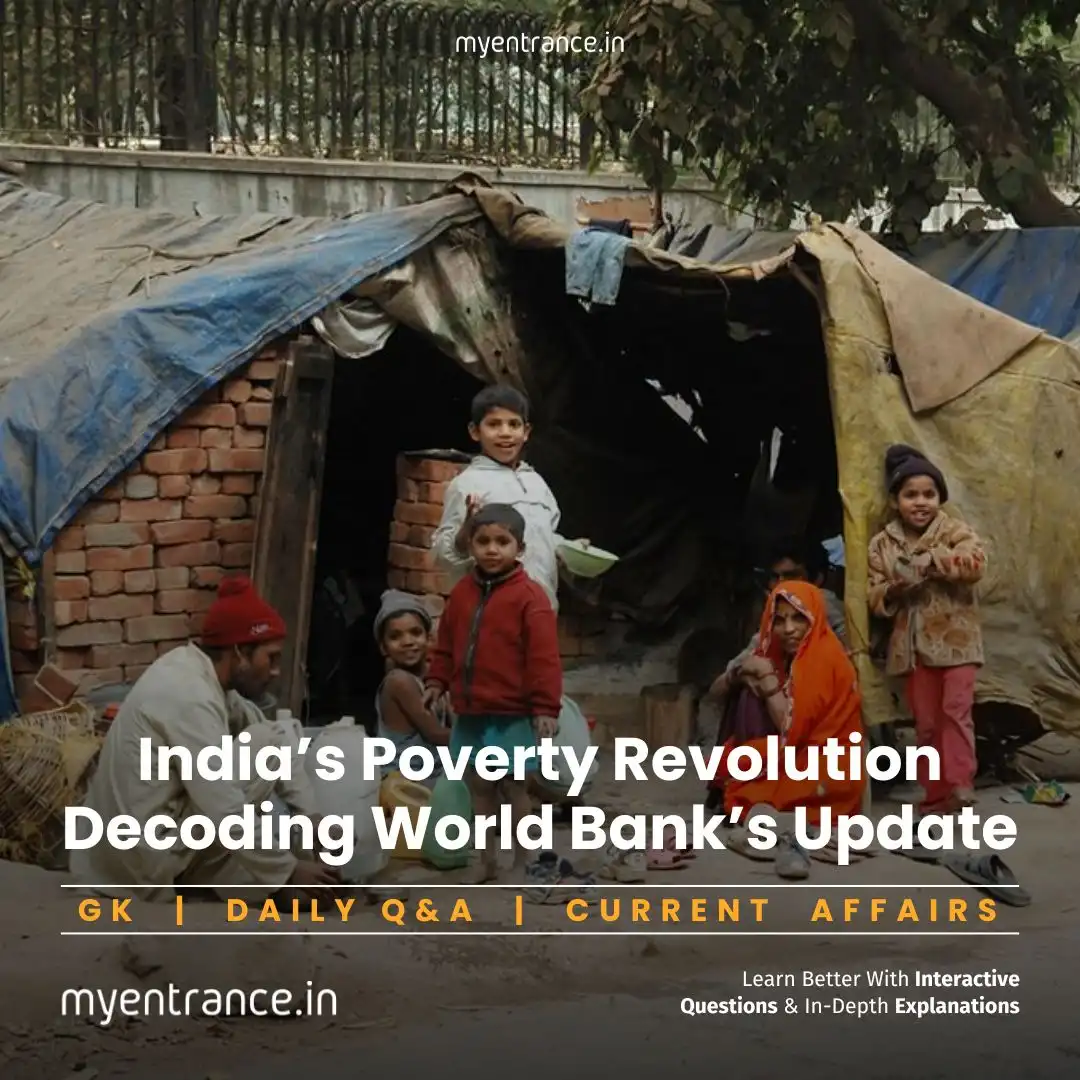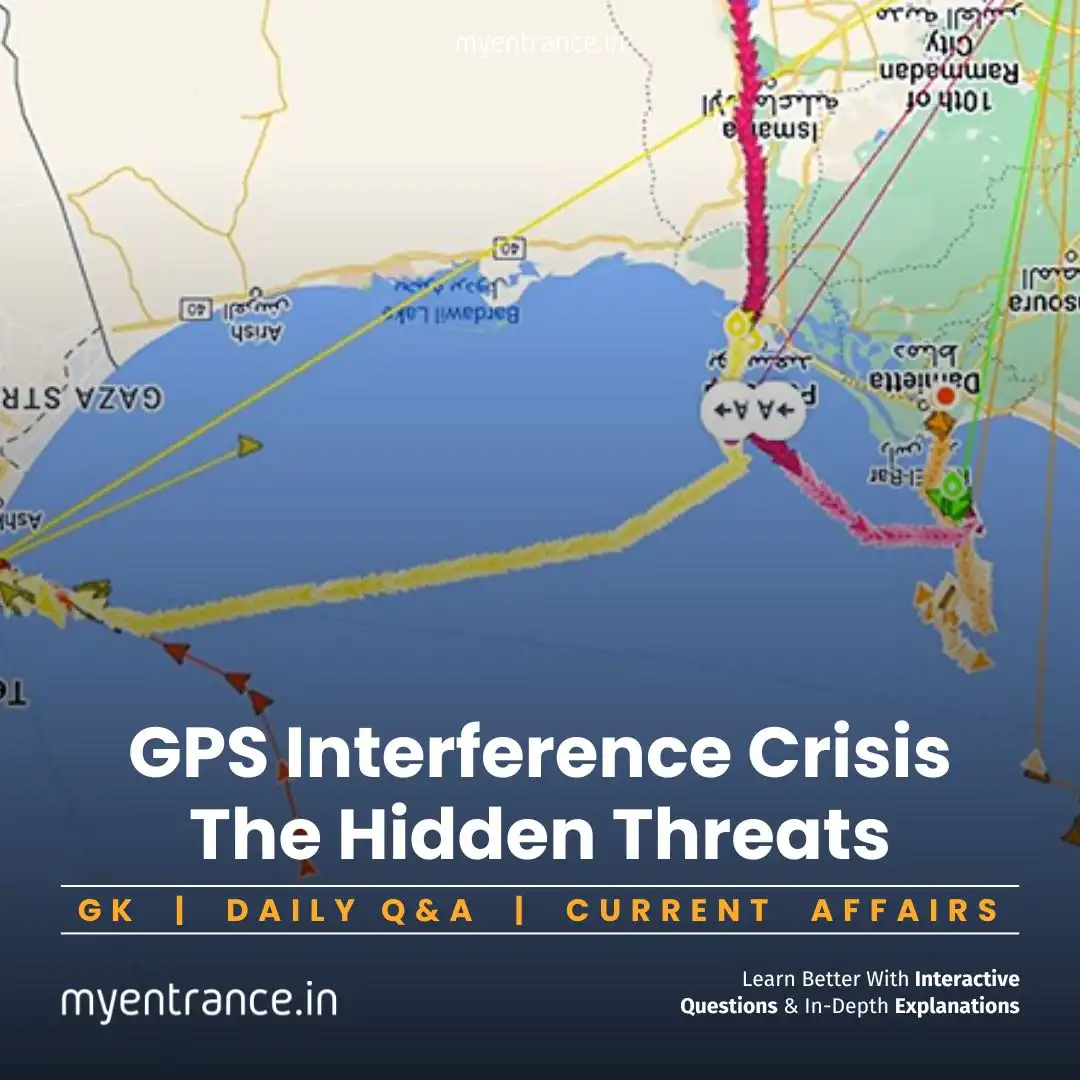Select Language
India’s Deportation Policy After Pahalgam Attack – What to Know for NIFT, NID, PSC & SSC
Following the Pahalgam terror attack in April 2025, Delhi launched a high-priority deportation drive targeting illegal immigrants, resulting in the removal of over 520 individuals. This move highlights the intersection of national security, immigration policy, and governance—key themes for NI, NIFT, SSC, PSC, and other competitive exams. Understanding the legal, administrative, and humanitarian dimensions of this event is essential for scoring well in both Prelims and Mains.
Why This Topic is Important for Your Exam Preparation
The crackdown on illegal immigrants is more than a current affairs headline—it’s a multi-dimensional topic that intersects with Polity, Governance, and Internal Security. For competitive exams like UPSC, SSC, PSC, and defense services, this subject provides rich material for:
Objective-type questions in Prelims
Analytical essays and case studies in Mains
Group discussion and interview readiness
What Triggered the Crackdown?
The operation began after the April 22, 2025 Pahalgam terror attack, which claimed 26 lives. In response, the Ministry of Home Affairs (MHA) directed an urgent nationwide review and removal of individuals residing illegally in India—starting with high-risk zones like Delhi.
Major Highlights of the Deportation Drive
Who Was Deported?
Over 520 individuals, including 470 Bangladeshi nationals and 50 overstayers, were deported using special air routes from Hindon to Agartala, followed by land transfer to the Bangladesh border.
Operational Timeline:
This action is part of a broader campaign, with 700+ deportations since November 2024, conducted via trains and roads through West Bengal.
Process Overview:
Detention in temporary holding centers
Document verification by Foreigners Regional Registration Office (FRRO)
Transfer via flights or trains to Tripura or West Bengal
Final handover to the Border Security Force (BSF)
Exam Tip: Understand the administrative shift—from slower rail-based deportations before the terror attack to urgent, air-based transfers post-incident.
Key Definitions to Know for Prelims
Illegal Immigrant: A person staying in a country without valid legal documents (e.g., expired visa, forged papers).
Deportation: The formal process of removing an individual from a country due to immigration law violations.
Migrant: Someone who moves within or across national borders for various reasons—legal or otherwise.
Push and Pull Factors Behind Illegal Migration
Push Factors: Poverty, conflict (e.g., the Rohingya crisis), political instability
Pull Factors: Economic opportunities, better living conditions, family connections in India
Security Challenges Linked to Illegal Immigration
Terror Threats: Vulnerable borders can be exploited by extremist groups.
Fake Documentation: Enables access to public resources and sensitive locations.
Urban Overload: Strain on housing, sanitation, and public services in metro cities.
Identification Gaps: Out of 34,265 people screened in Delhi, 1,048 were flagged as threats by the Ministry of Home Affairs (MHA).
Why the Deportation Drive Was Intensified
Security Mandate: Post-terror urgency made the issue a national priority.
Policy Update: New MHA directives require 30-day document verification, after which unverified individuals are deported.
Coordination Mechanism: A multi-agency approach involving Delhi Police, FRRO, BSF, and state governments.
Diplomatic Sensitivity: India avoids creating stateless populations, ensuring deportations are carried out with verified national identity (unlike the Rohingya issue).
Quick Stats for Reference
People Screened in Delhi: 34,265
Valid Documents Found: 33,217 (97%)
Deportation-eligible Cases: 1,048
Note: The Rohingya community (approx. 40,000 as per UNHCR) was not targeted in this drive.
Key Themes for Mains Answer Writing
Security vs. Humanitarian Rights: Does India’s deportation policy respect international principles like non-refoulement?
Federal Coordination: Evaluate the role of Centre-State cooperation in internal security measures.
Long-Term Policy Directions:
Use of smart technology for border management
Regional diplomacy with countries like Bangladesh
Sample Mains Question:
“India’s post-terror deportation measures enhance national security but raise concerns over human rights compliance. Discuss.”
Conclusion: Why This Topic Deserves Your Attention
From policy frameworks to border security, the Delhi deportation campaign presents a high-yield topic for aspirants. Whether it’s understanding the legal processes involved or analyzing the security implications, mastering this topic will enhance your performance in both objective and descriptive sections of various government exams.
SSC Most Predicted Questions
Comprehensive study materials, Expert-guided tips & tricks, Mock tests and instant results.
All this for only ₹199! Start your SSC/ PSC journey today with MyEntrance, your ultimate online coaching platform.








